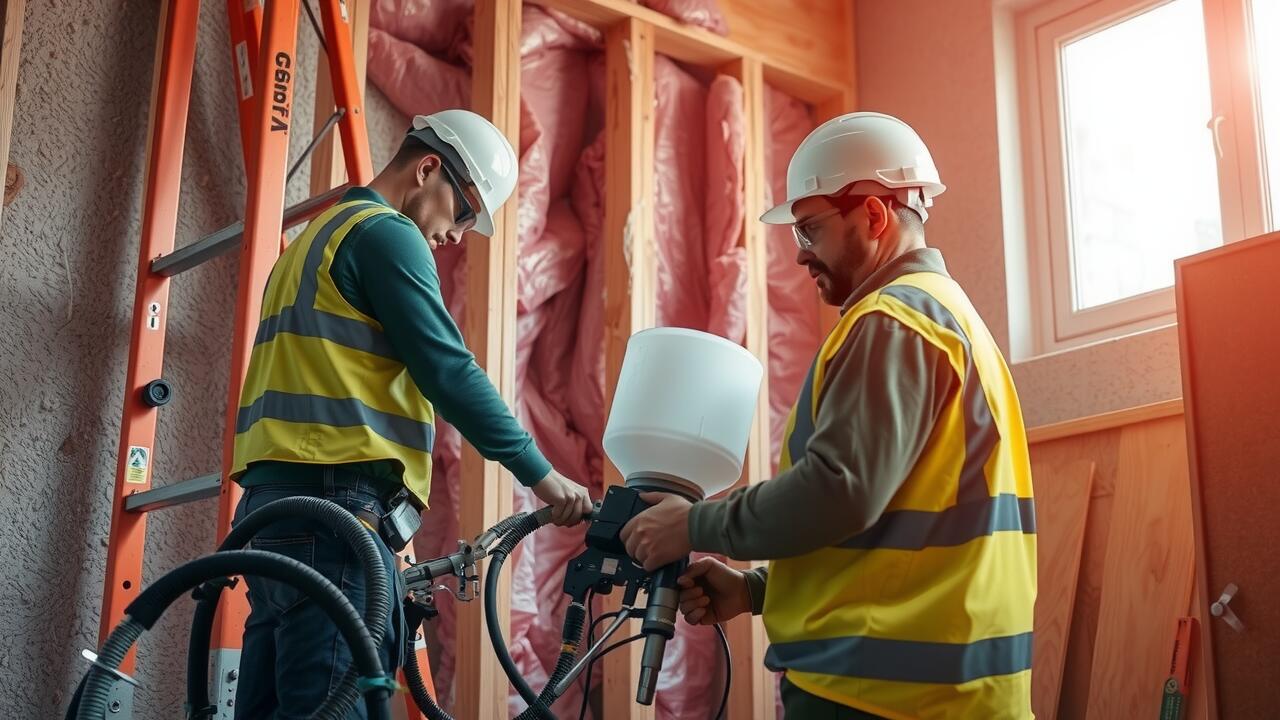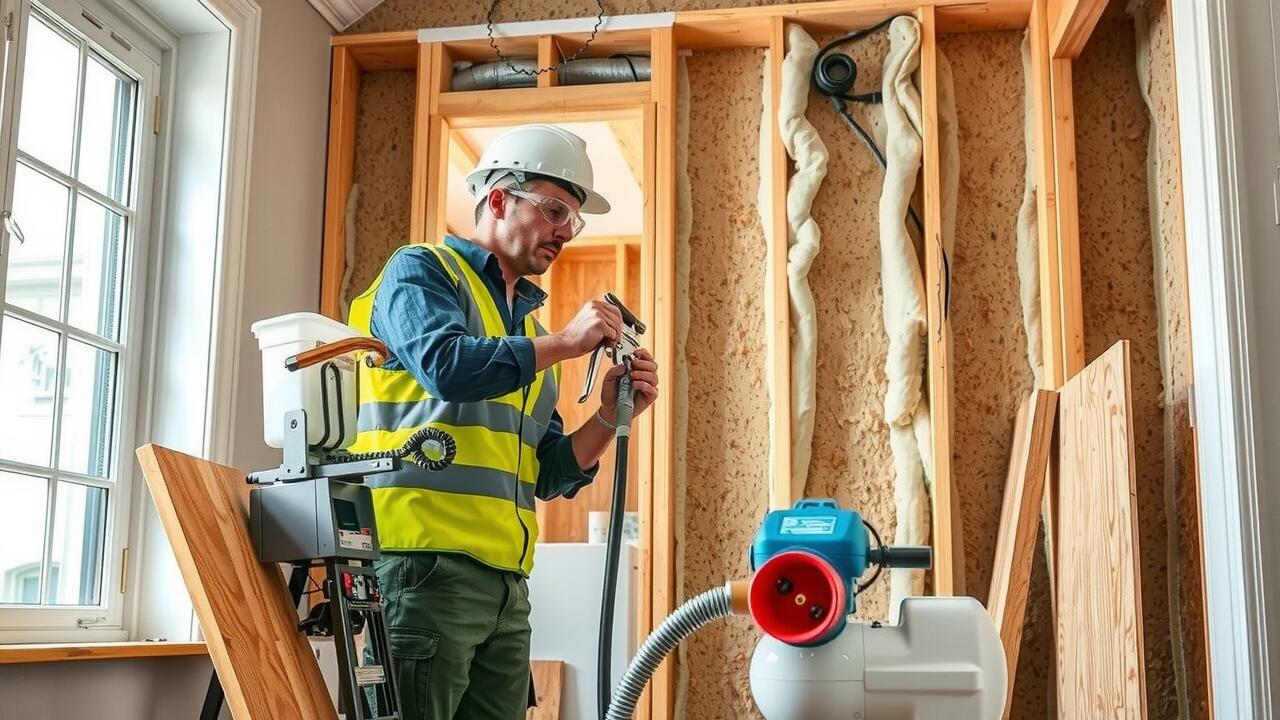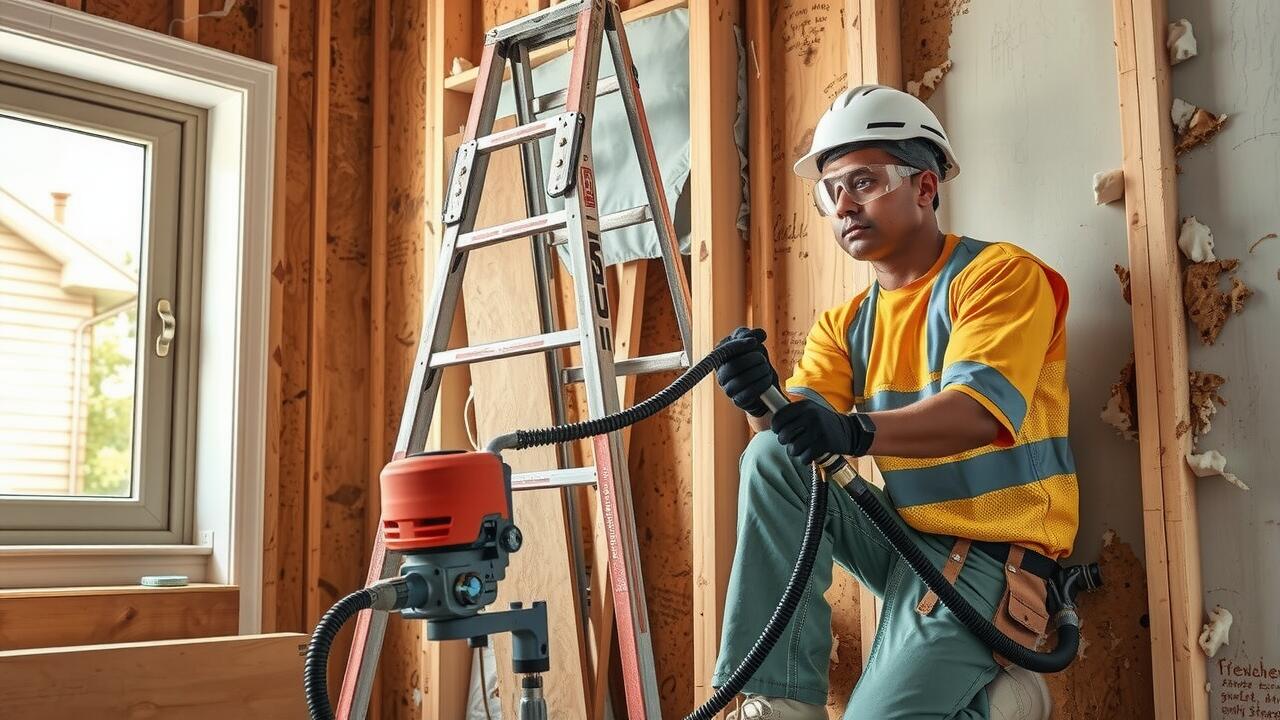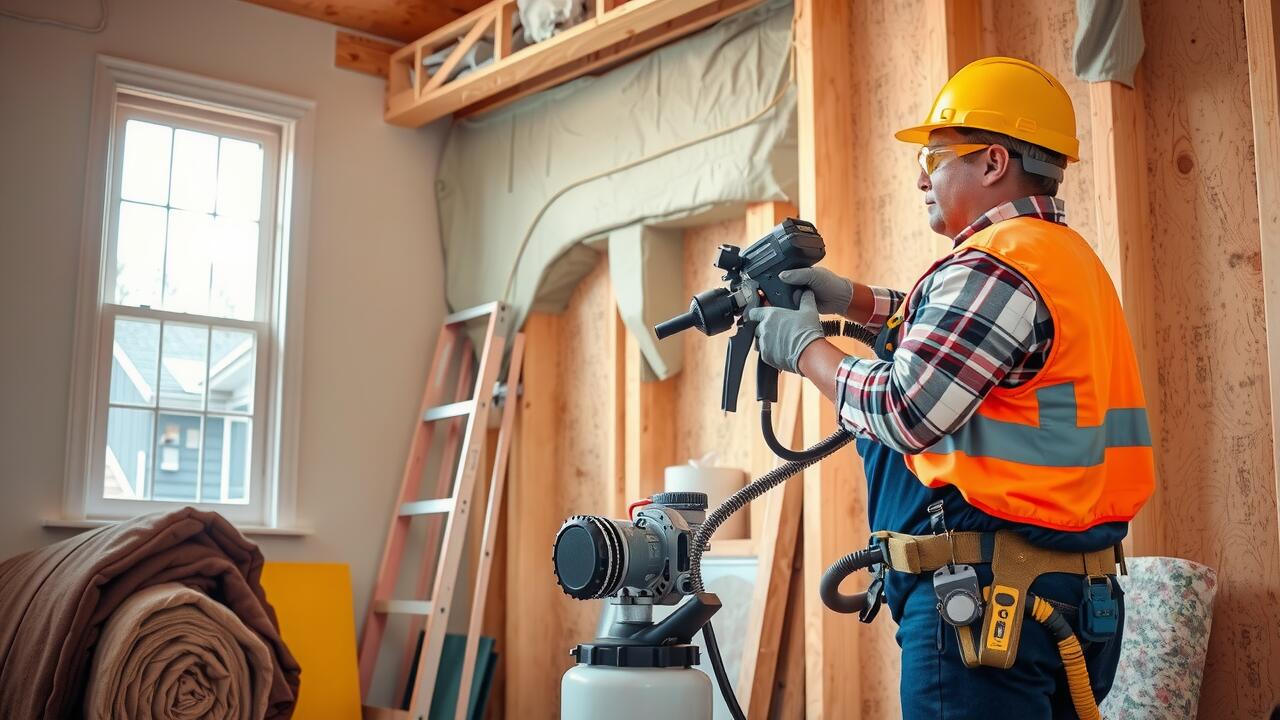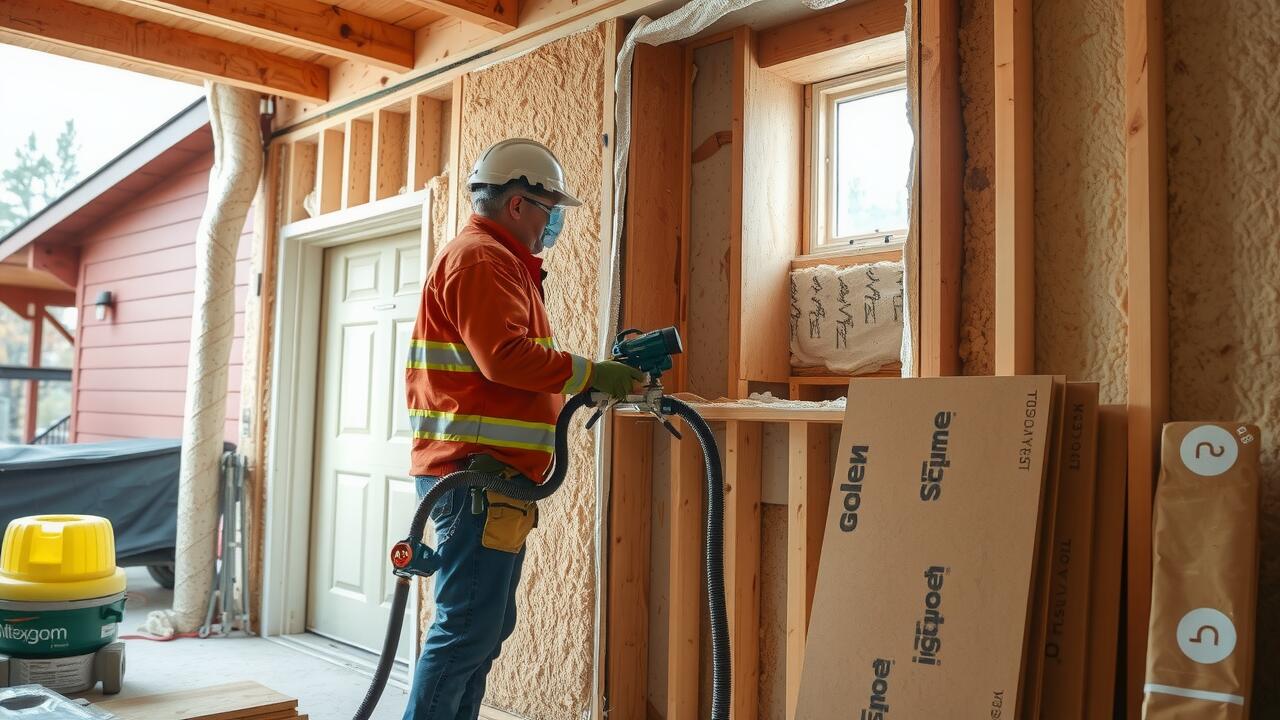
Signs You Need Ventilation
Excess moisture in a property often serves as the first indication that proper ventilation may be lacking. Signs such as damp patches on walls, mould growth, and a persistent musty smell can highlight the presence of trapped humidity. Homeowners should be particularly vigilant in areas where cavity wall insulation has been installed. If you notice these issues, it may be time to consider options for "Cavity Wall Insulation near me" to ensure that airflow is adequately maintained and moisture levels are kept in check.
Additionally, increased condensation on windows during colder months can signal insufficient ventilation. When warm air meets cold surfaces, the result is moisture build-up, which can lead to deeper structural problems over time. It is essential to address these symptoms early to prevent further deterioration. Consulting with professionals who specialise in "Cavity Wall Insulation near me" can provide crucial insights on managing ventilation to support a healthy living environment.
Identifying Problems in Your Home
Identifying problems in your home requires vigilance and an understanding of subtle signs. One common issue associated with inadequate ventilation is the presence of dampness or mould. If you notice discolouration on walls or a musty smell, these may be indicators that airflow is insufficient. Cavity wall insulation can trap moisture if not properly ventilated, leading to structural damage or a decline in indoor air quality. Regularly inspecting your home for these symptoms is a critical step in maintaining a healthy living environment.
Another key sign involves the efficiency of your heating system. If rooms feel colder than they should be despite adequate heating, this may suggest that air circulation is compromised. Insulation is intended to keep heat in, but if moisture accumulation occurs, the insulation's effectiveness diminishes. For those seeking to address these issues, searching for "Cavity Wall Insulation near me" can connect you with local professionals who can assess your home’s ventilation needs and recommend appropriate solutions.
Ventilation Methods for Cavity Walls
When it comes to ensuring proper airflow for cavity walls, several effective ventilation methods can be employed. Installing air bricks is a common approach that allows fresh air to enter while enabling moisture and stale air to escape. This not only helps to maintain a balanced environment within the walls but also reduces the risk of damp-related issues. Moreover, vented soffits can be added to roof eaves to promote additional airflow in roof spaces, further supporting the overall ventilation strategy.
Another popular method is the use of mechanical ventilation systems, which actively circulate air within the property. These systems can be particularly useful in newer buildings where natural ventilation might not suffice. For homeowners considering cavity wall insulation, it is essential to search for "Cavity Wall Insulation near me" to find local experts who can provide tailored advice on optimal ventilation solutions specific to their property.
Different Approaches to Ensure Airflow
Ensuring adequate airflow in homes with cavity wall insulation can be approached in several effective ways. One common method is to install air bricks or vents in the external walls. These openings allow fresh air to enter the cavity while providing a pathway for potentially trapped moisture to escape. Proper positioning of these vents is crucial to optimise air circulation and prevent dampness from accumulating within the cavities.
Another approach involves using mechanical ventilation systems designed specifically for properties with cavity wall insulation. These systems can be particularly beneficial in areas where natural ventilation may not suffice. By implementing these technologies, homeowners can maintain healthy humidity levels and improve indoor air quality. For those considering insulation options, looking online for “Cavity Wall Insulation near me” can help locate local professionals who understand the unique ventilation needs associated with these installations.
Regulations and Guidelines
Building regulations play a crucial role in determining the necessity for ventilation in properties with cavity wall insulation. These guidelines are designed to ensure that insulation is fitted correctly and that potential moisture issues are addressed. Homeowners should consult local building codes to understand the specific requirements for ventilation in their area. Any installation of cavity wall insulation near me must adhere to these regulations to maintain structural integrity and indoor air quality.
Different regions may have varying requirements, which makes it essential to check local standards before proceeding with insulation installation. Ensuring compliance can prevent long-term issues related to dampness or mould growth. Property owners considering cavity wall insulation near me should ideally seek assessments from professionals familiar with both insulation and ventilation regulations to ensure optimal compliance and performance.
Understanding Building Codes for Ventilation
Building codes and regulations surrounding ventilation for cavity wall insulation are critical for ensuring the safety and efficiency of a structure. Local authorities often specify requirements aimed at preventing dampness and promoting adequate airflow within walls. Homeowners considering cavity wall insulation near me should be aware of these codes to avoid potential issues associated with inadequate ventilation. Compliance ensures that the insulation performs effectively while maintaining the structural integrity of the property.
Understanding these guidelines can help homeowners determine the appropriate ventilation methods for their specific situations. Regulations may vary by region, affecting the recommended practices for installing and maintaining insulation. Consulting with local authorities or professionals familiar with the building codes in your area can provide valuable insights. Those searching for cavity wall insulation near me can benefit from connecting with experts who can navigate these regulations, ensuring that any insulation projects not only meet safety standards but also optimise home performance.
FAQS
Why is ventilation important for cavity wall insulation?
Ventilation is crucial for cavity wall insulation as it helps to prevent moisture build-up, which can lead to mould growth and structural damage. Proper airflow ensures that any trapped moisture is dispersed, maintaining a healthy indoor environment.
What signs indicate that my home may require additional ventilation?
Signs that your home may need additional ventilation include persistent dampness, musty odours, condensation on windows, and visible mould growth. If you notice any of these issues, it may be time to assess your ventilation needs.
What are some methods to improve ventilation in cavity walls?
Common methods to improve ventilation in cavity walls include installing vented air bricks, using passive ventilation systems, and ensuring that existing vents are unobstructed. Each method can help facilitate airflow and reduce moisture levels.
Are there specific regulations I need to be aware of regarding ventilation in cavity walls?
Yes, building regulations often dictate the minimum ventilation requirements for homes, including those with cavity wall insulation. It's essential to consult local building codes to ensure compliance and maintain the safety and integrity of your property.
Can I install cavity wall insulation without any ventilation?Boothen, Stoke-on-Trent
While it is technically possible to install cavity wall insulation without ventilation, it is not advisable. Lack of ventilation can lead to moisture-related issues, which can compromise the insulation's effectiveness and cause damage to your home. Proper ventilation should be a priority for a successful insulation project.
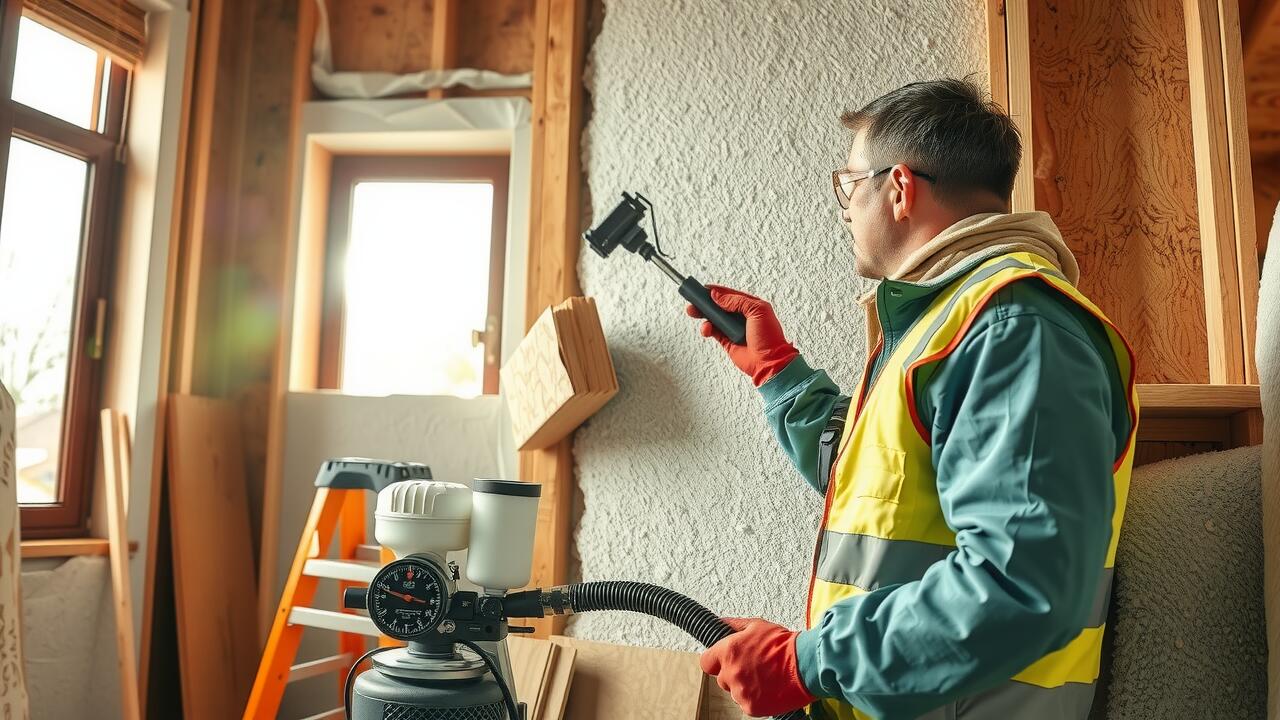
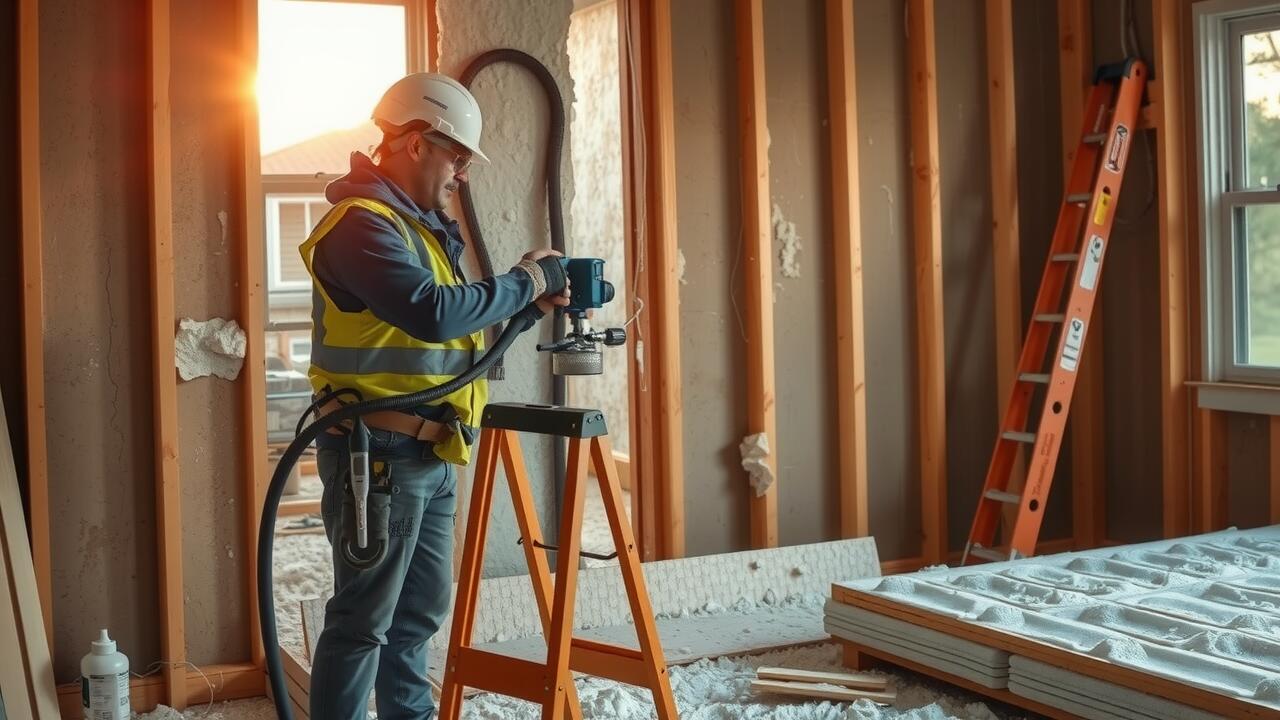
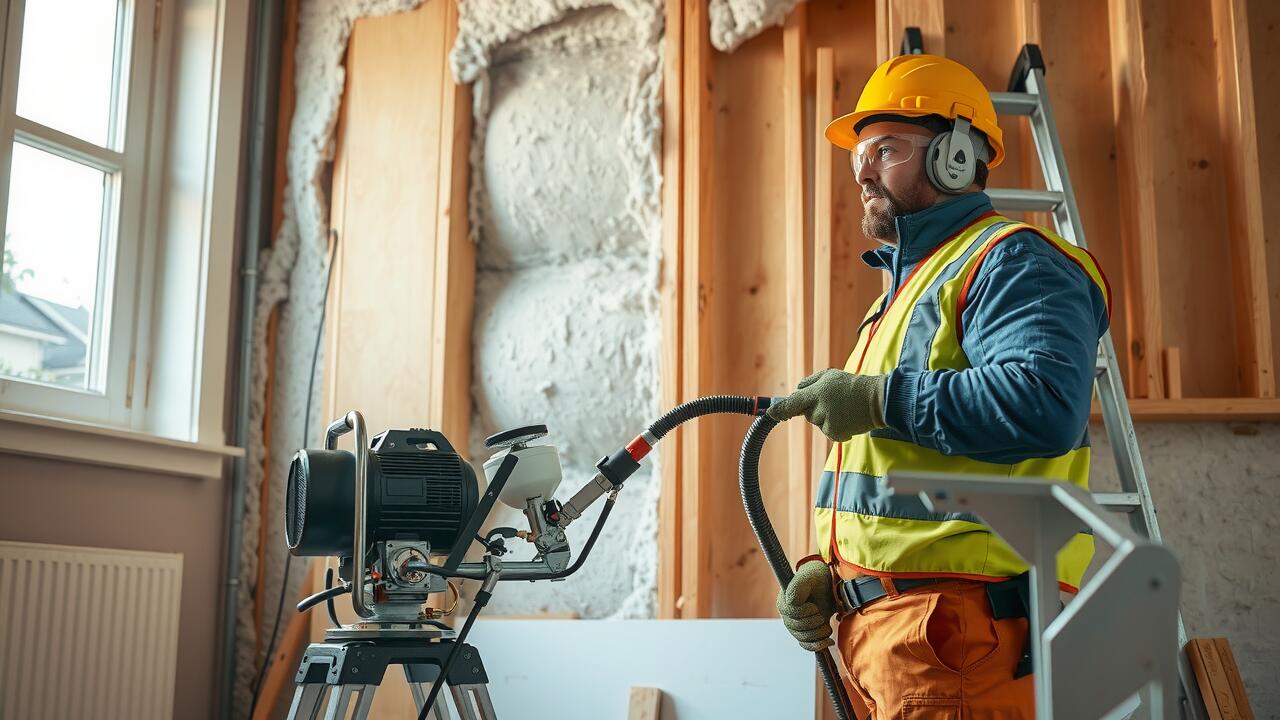
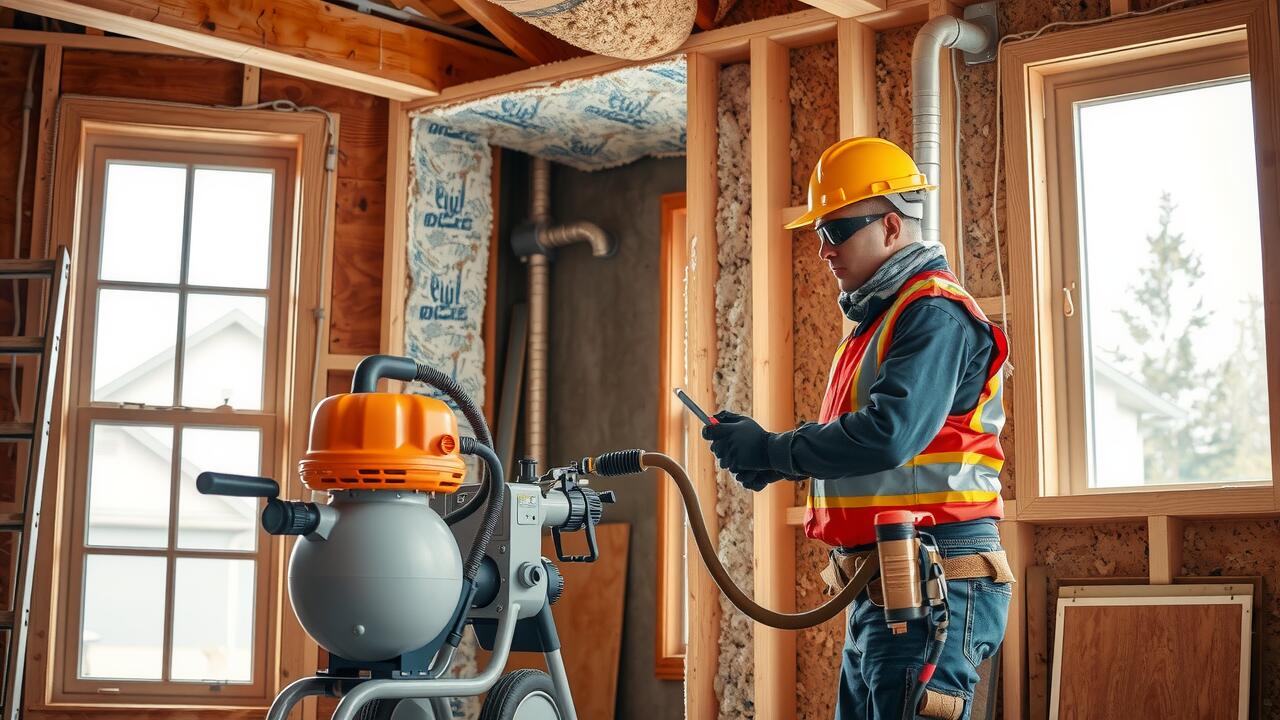
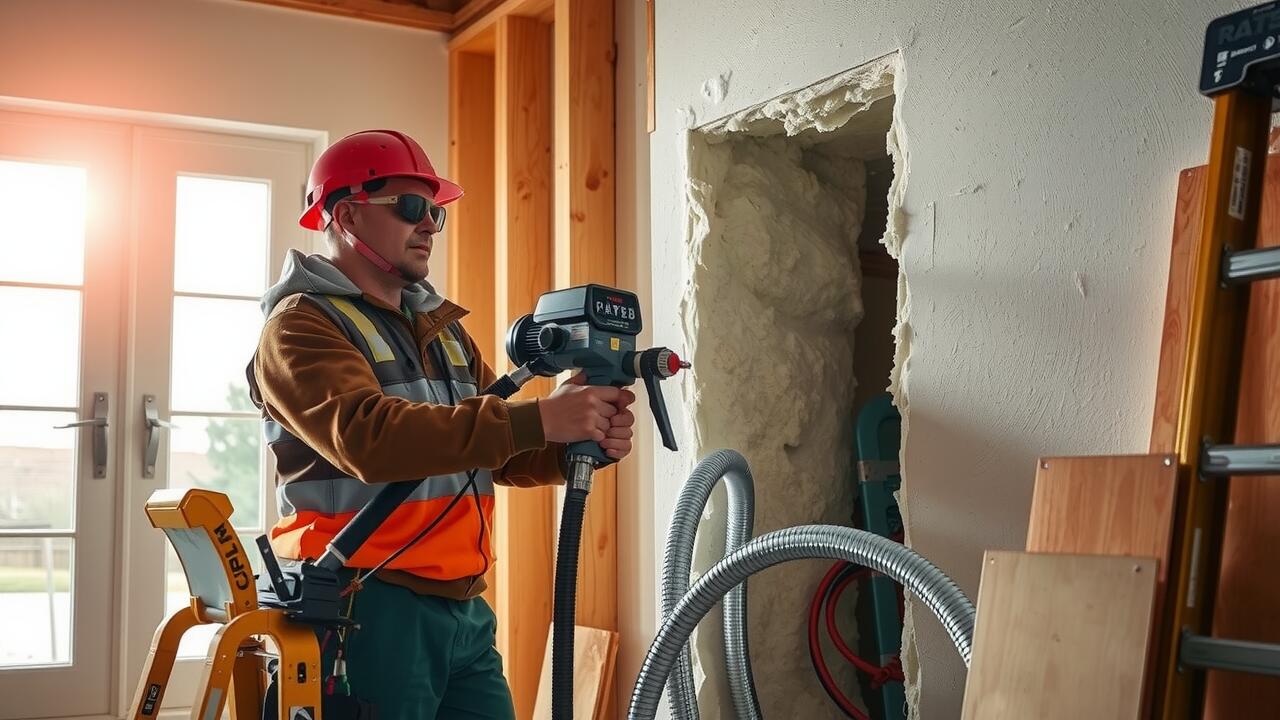
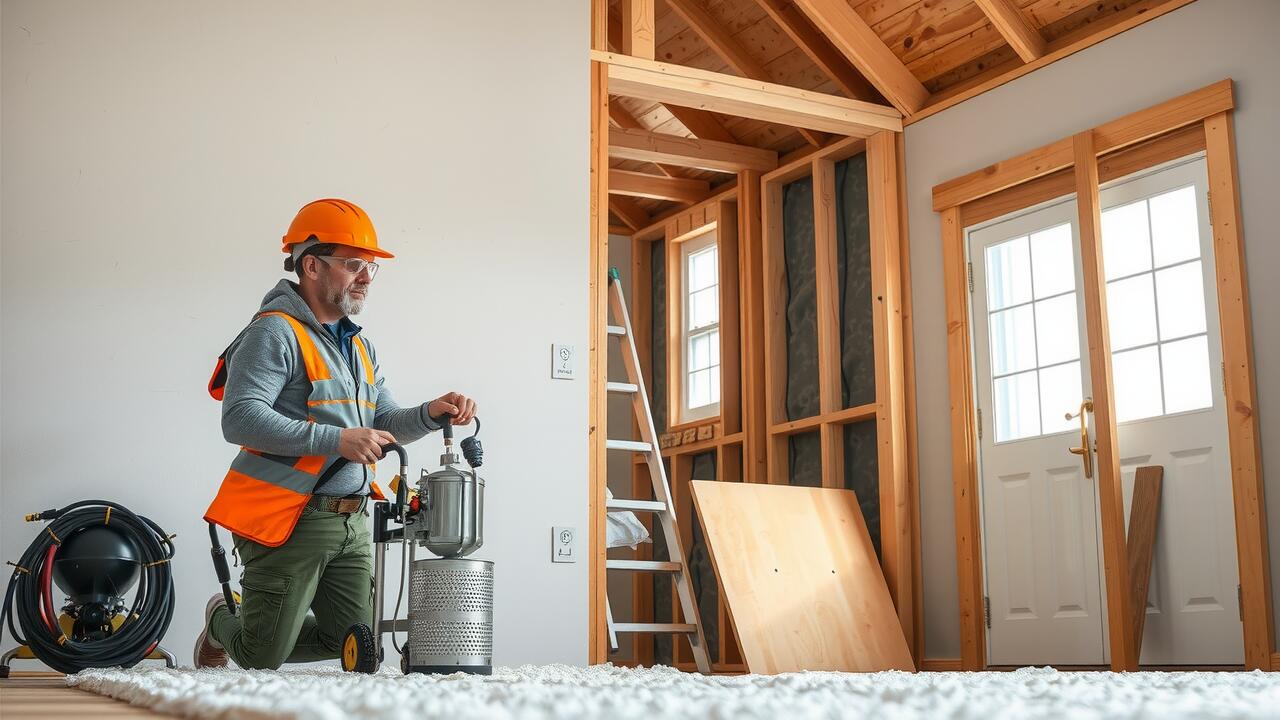 Attic Insulation
Attic Insulation